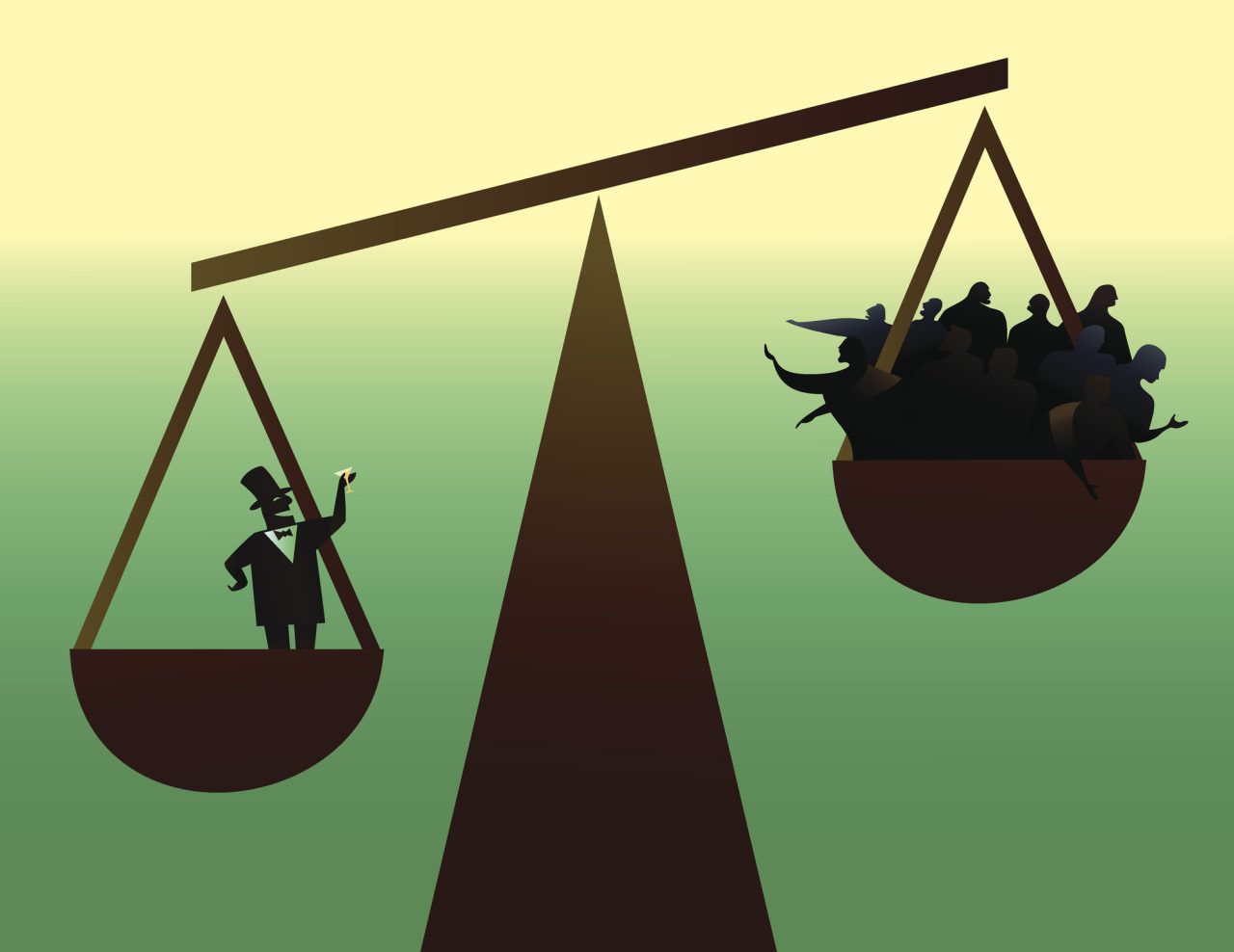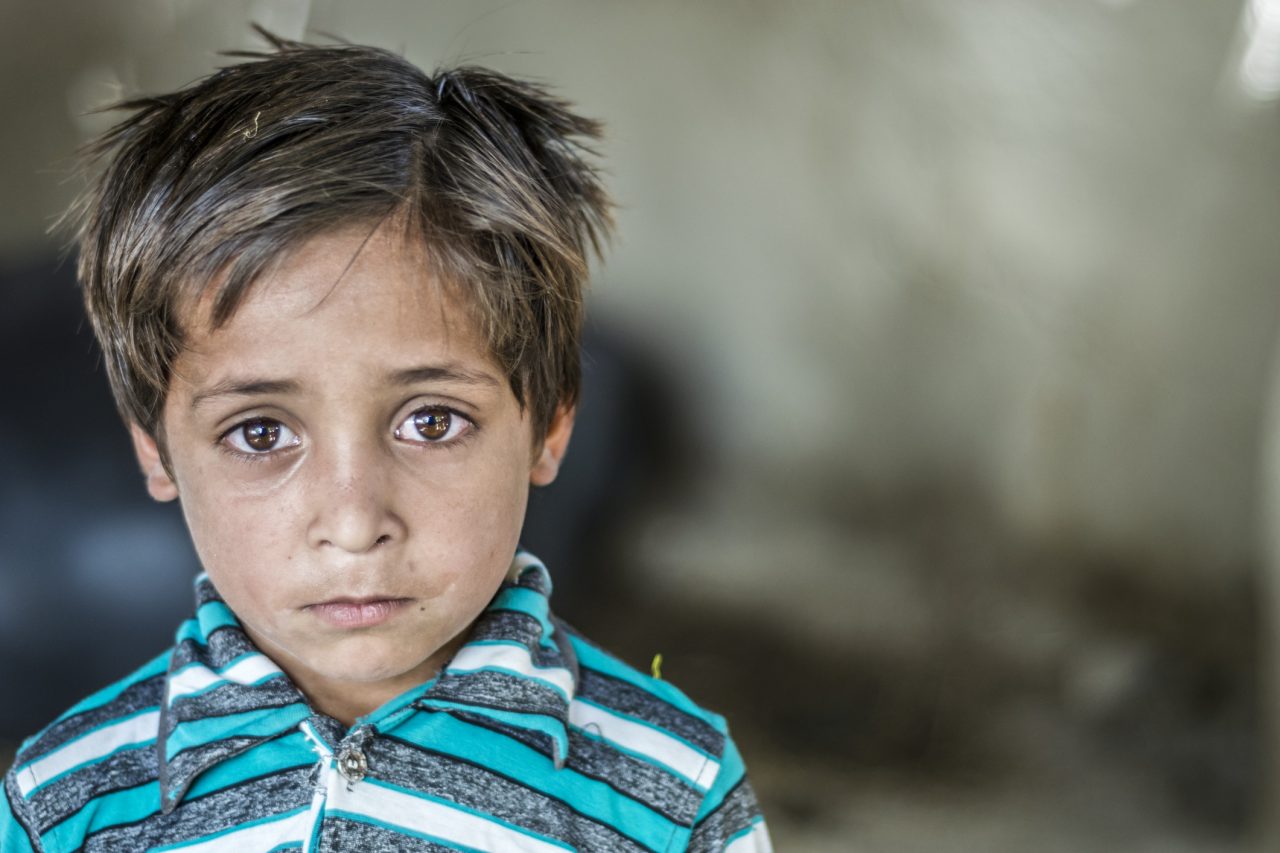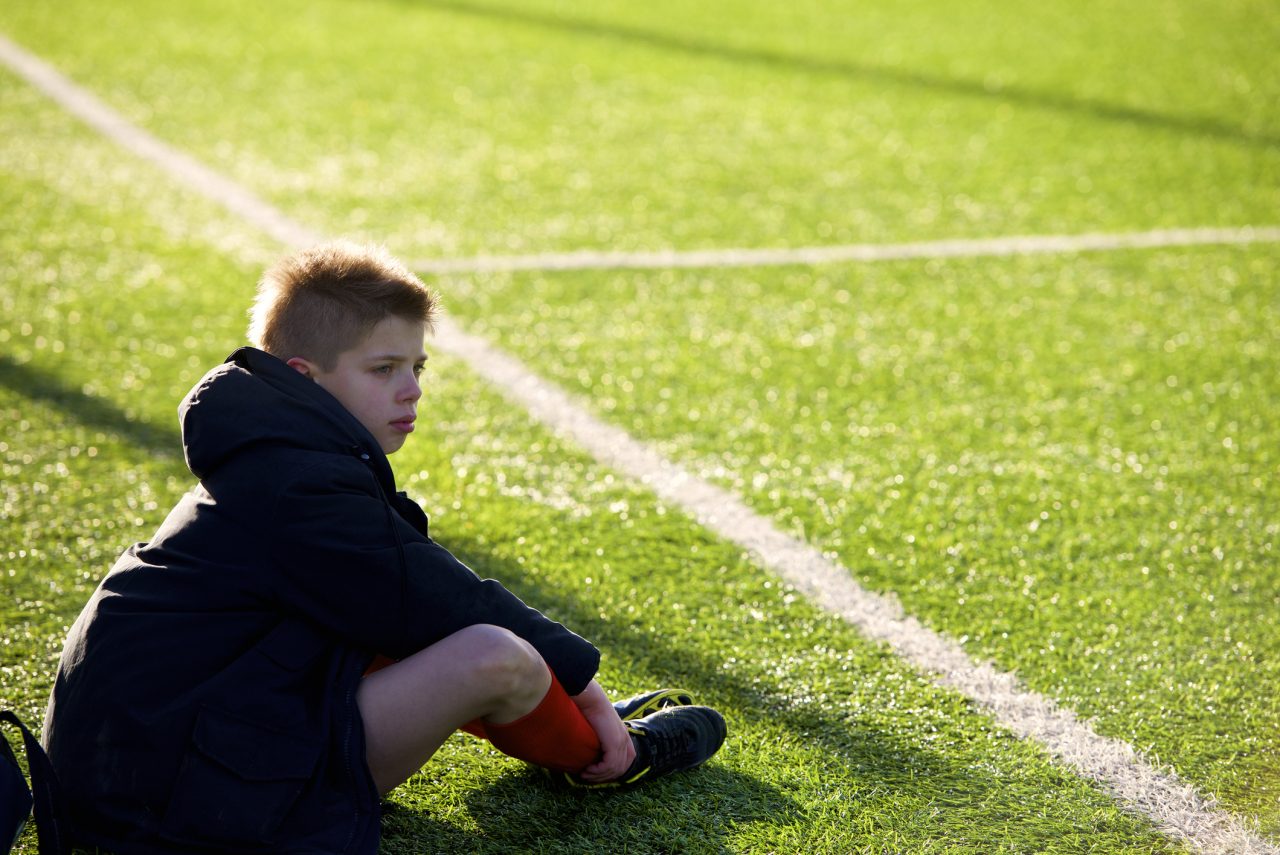
Sosialt gap
The difference between equity and equality

Fattig gutt

Gutt på sidelinja

Barn padler kano
Sources:
- Dahl, Espen; Bergsli, Heidi og Wel, Kjetil A. van der:
Sosial ulikhet i helse: En norsk kunnskapsoversikt (2014)
Høgskolen i Oslo og Akershus. Fakultet for samfunnsfag/Sosialforsk. https://handling.forebygging.no/globalassets/sosial-ulikhet-i-helse-en-norsk-kunnskapsoversikt_hovedrapport.pdf
- Fløtten, Tone (red.): Barnefattigdom (2009)
Oslo. Gyldendal akademisk.
- bufdir.no (04.11.2021): Barn i lavinntektsfamilier.
https://www.bufdir.no/Familie/Fattigdom/Ny_Barnefattigdom_i_Norge/
- regjeringen.no (04.11.2021): Barnekonvensjonen.
https://www.regjeringen.no/no/tema/familie-og-barn/innsiktsartikler/fns-barnekonvensjon/id2519764/
- The world bank (06.02.2023): An adjustment to global poverty lines
https://www.worldbank.org/en/news/factsheet/2022/05/02/fact-sheet-an-adjustment-to-global-poverty-lines
- The Borgen project (02.01.2023): Norway is the fairest country
https://borgenproject.org/norway-is-the-fairest-country/
Media rights:
-
-
Getty Images
-
Australian Human Rights Commission – YouTube
-
Getty Images
-
Getty Images
-
Getty Images
-
The Children’s Society – YouTube
-
Getty Images
-



Social differences are growing in Norway
Norway is one of the countries in the world that has the least social differences. But they are getting bigger because the richest in Norway are getting richer.
Statistics also show that work immigration makes the salary lower for the lowest-paid jobs.
It can be difficult for families when the differences become big. The richest push the prices up, and that makes it difficult for those who don’t have that much money.
Child poverty in Norway has grown since the beginning of the 2000s. The number went from 84,000 in 2013 to 110,900 in 2018. Child poverty is now higher than before and is growing faster than adult poverty.
1 / 2
Mynt i stabler